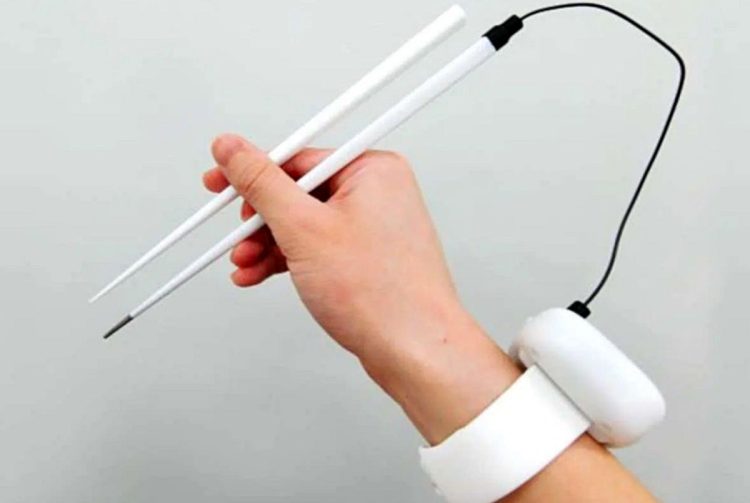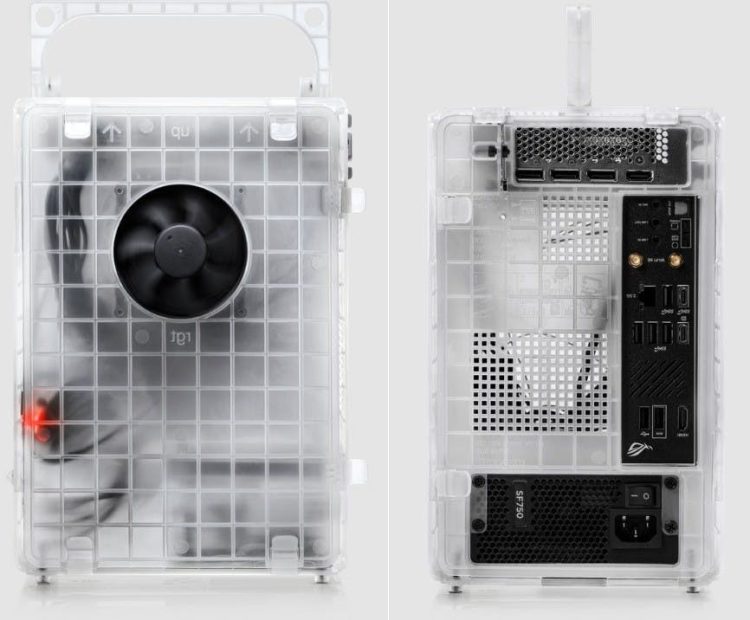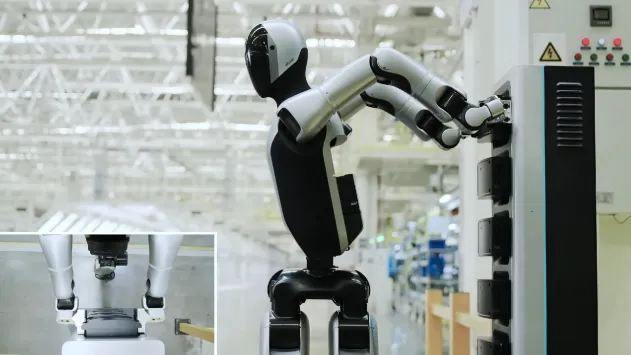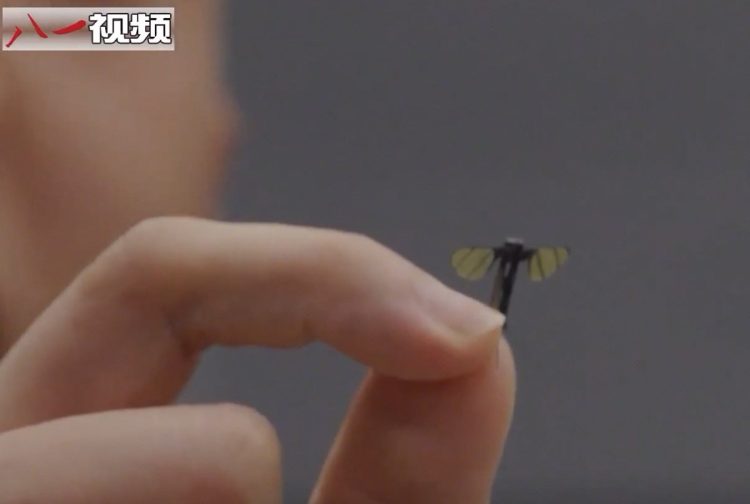Japanese beverage maker Kirin Holdings teamed up with researchers at Meiji University in Tokyo to create smart chopsticks that reportedly make food taste more savory.
Meiji University professor Homei Miyashita has been researching electrical stimulation as a way to alter the way people experience food and flavor for years. In 2016, along with fellow researcher Hiromi Nakamura, he made international news headlines for developing a revolutionary electric fork that could make any food taste saltier than it actually was. And last year, he got even more attention for his Taste the TV (TTTV) project, a lickable TV screen that could imitate the taste of various foods. Now, he’s once again the talk of the interwebs thanks to his latest invention, a pair of smart chopsticks that can allegedly make food more savory.
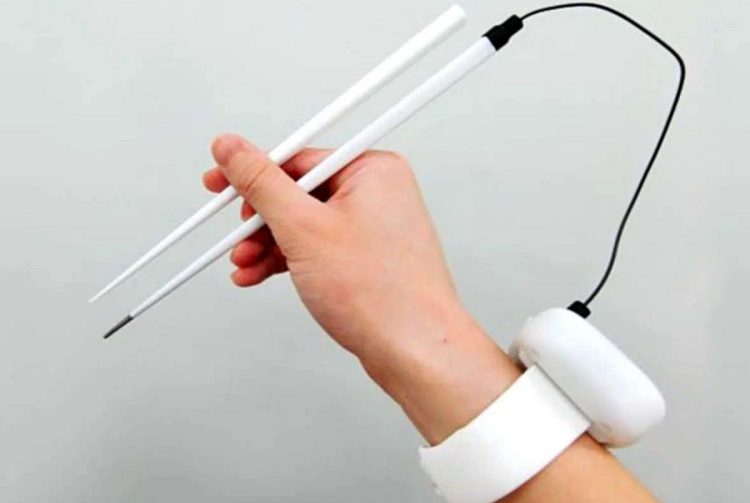
The average Japanese person consumes about 10 grams of salt a day, double the daily sodium intake recommended by the World Health Organization, but Prof. Miyashita claims that electrical stimulation could help combat this problem. He recently partnered with Kirin Holdings Co. to create the world’s first smart chopsticks, which can allegedly enhance the salty taste of low-sodium food by about 1.5 times.
The smart eating device uses electrical stimulation and a mini-computer worn on the eater’s wristband. It somehow transmits sodium ions from the food, through the chopsticks, to the mouth of the user to create an enhanced sensation of saltiness.
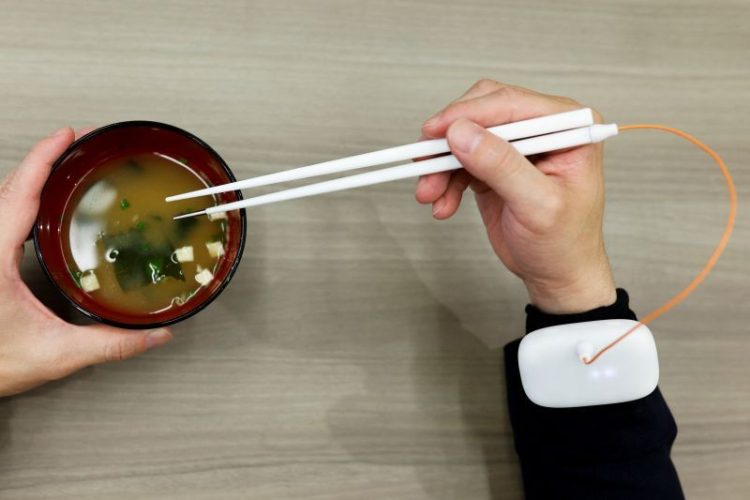
According to a statement by Kirin Holdings Co., the chopsticks use “very weak electricity – not enough to affect the human body – to adjust the function of ions such as sodium chloride and sodium glutamate to change the perception of taste by making food seem to taste stronger or weaker”.
“If we try to avoid taking less salt in a conventional way, we would need to endure the pain of cutting our favorite food from our diet, or endure eating bland food,” Kirin researcher Ai Sato, who worked on the chopsticks alongside Professor Miyashita, explained.
The two researchers said that clinical tests conducted on people who follow a low-sodium diet had confirmed the efficacy of the smart chopsticks. Participants offered low-sodium miso soup reportedly praised the “richness, sweetness and overall tastiness” of the dish.
Homei Miyashita and Ai Sato are currently tweaking the smart chopsticks and plan to have a commercially-viable version as early as next year.

